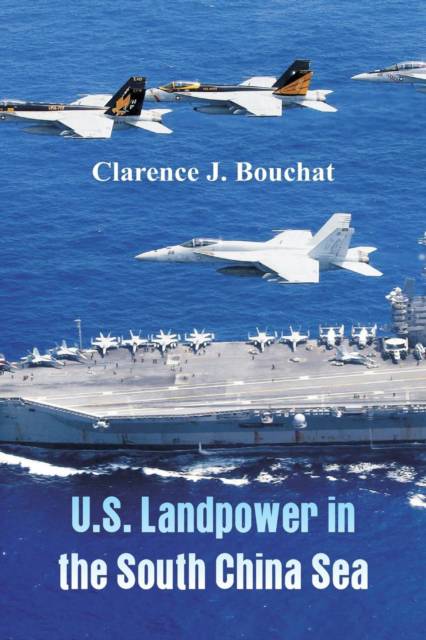
- Retrait gratuit dans votre magasin Club
- 7.000.000 titres dans notre catalogue
- Payer en toute sécurité
- Toujours un magasin près de chez vous
- Retrait gratuit dans votre magasin Club
- 7.000.0000 titres dans notre catalogue
- Payer en toute sécurité
- Toujours un magasin près de chez vous
Description
[R]etired U.S. Air Force officer Clarence J. Bouchat counters the misperceptions that U.S. landpower plays only a minor or supporting role in what is normally considered a predominately maritime- and air-centric theater. Conventional wisdom's misunderstanding of how modern and future landpower capabilities may influence engagement and operations in semi-enclosed maritime environments may be the cause for landpower being marginalized in these environments [...] [This monograph] explains the vital role of landpower to engage the forces of other countries, deter aggression, and fight if necessary in pursuit of broad U.S. national interests in the region. In a variety of ways described here, the essential direct support of land force capability to the air and sea services, and other government organizations, is also critical to their success when operating in this theater. [...] To show how landpower is necessary in this contested region, this monograph briefly explores the concept of landpower and its components--forces from the U.S. Army, U.S. Marine Corps, and U.S. Special Operations Command (USSOCOM). It then examines landpower's contributions to potential combat operations through wide area defense and maneuver to deterrence through forward presence and peacetime operations, and security engagement with the region's landpower-dominant allies, partners, and competitors. With this understanding of landpower's capabilities to support national interests in a semi-enclosed maritime environment and recommendations to improve its potential in air-sea environments, the reader will better understand that landpower's supporting and stabilizing role is especially important in a theater like the South China Sea.
Spécifications
Parties prenantes
- Auteur(s) :
- Editeur:
Contenu
- Nombre de pages :
- 160
- Langue:
- Anglais
Caractéristiques
- EAN:
- 9789387513983
- Date de parution :
- 14-07-18
- Format:
- Livre broché
- Format numérique:
- Trade paperback (VS)
- Dimensions :
- 152 mm x 229 mm
- Poids :
- 244 g

Les avis
Nous publions uniquement les avis qui respectent les conditions requises. Consultez nos conditions pour les avis.






